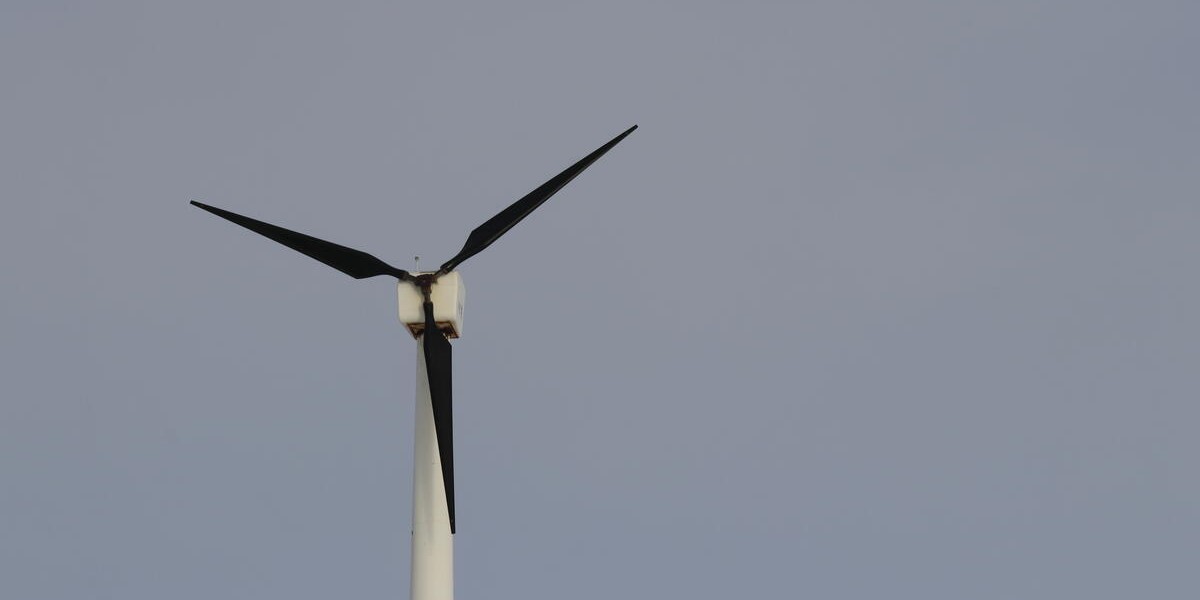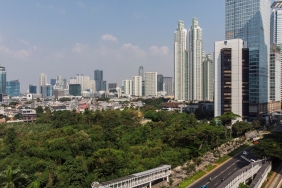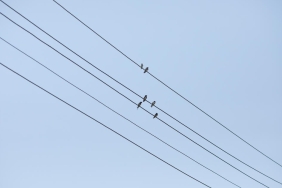SIGNIFICANT STEP TOWARDS 100 PERCENT RENEWABLE ENERGY VISION BY 2050
By Jason Tulio
Jakarta (18/01)-2012; a year that presents a unique social phenomenon. Many theories have abounded regarding the current year, ranging from spiritual to astrological to downright apocalyptic. Nevertheless, WWF’s vision for 2012 remains the same: working towards a bright and sustainable future to leave behind for our children.
The United Nations has declared 2012 as the International Year of Sustainable Energy for All. Simply put, this year will play host to a worldwide initiative in the conservation and use of sustainable energy resources. It strongly articulates opportunities to raise awareness about the importance of enhancing sustainable access to energy, energy efficiency, as well as advancing renewable energy.
This issue of sustainable energy resonates worldwide, particularly with the advent of economic downturns and climate change. By definition, sustainable energy is the use of energy sources that meet present needs without compromising the needs of future generations. Currently, a majority of the world’s energy stems from unsustainable fossil fuels.Sustainable energy use is a prevalent point of contention within Indonesia.
At a recent Press Conference with the Jakarta Foreign Correspondents Club on Tuesday (18/01), Trade Minister and Head of the Investment Coordinating Board (BKPM), Gita Wirjawan highlighted the need for Indonesians to be proactive on issues such as climate change and sustainable energy. One potential solution for Indonesia’s long-term use is geothermal energy.
Geothermal energy refers to the use of the earth’s natural heat for energy. The earth’s core can reach temperatures of up to 5,500°C. Heat pumps are used to circulate fluid from the cooler surface ground and is harnessed into usable energy. Due to its volcanic geology, Indonesia is home to around 40% of the world’s potential geothermal sources and is currently the world’s third largest geothermal electricity producer.
At the 2010 World Geothermal Congress in Bali, President Susilo Bambang Yudhoyono announced a plan to build 44 new geothermal plants by 2014. In 2011, WWF launched the Ring of Fire Program. WWF has the ambition: by 2015, there is a significant shift towards the use of renewable energy and particularly in the sustainable production and use of geothermal energy in the Philippines and Indonesia.
According to Rini Astuti, Policy Coordinator for WWF Indonesia’s Climate & Energy Program, “The Ring of Fire initiative is an international program involving WWF offices in Indonesia, Philippine, Papua New Guinea and Malaysia. It aims to enhance the geothermal reformation process with the intention to increase the use of geothermal to up to 300% in 2020.”
The initiative is in line with WWF’s “100 percent Renewable Energy Vision by 2050”. This project is also particularly significant for Indonesia due to its vast yet largely untapped availability of geothermal resources. The initiative seeks to replicate the Philippines’ success with geothermal sources; they acquire approximated 17% of their energy through geothermal means.
Indonesia only uses 4% of its potential geothermal resources, despite having the largest amount in any country. That means, only 1,189 megawatts been used out of a potential 28,000 megawatts.,“ WWF-Indonesia Ring of Fire Coordinator Indra Sari Wardhani added.
Wardhani states that some challenges lay ahead for the ‘Ring of Fire’ initiative, namely:
- Funding: currently, the Indonesian government relies primarily on private foreign investors to fund geothermal plants. Though the investment cost of a geothermal plant can be up to two or three times more expensive than a fossil fuel plant, ongoing running costs are much cheaper.
- Sustainability: if managed improperly, a geothermal plant can actually be harmful to the environment. Good management practice integrated with environmental, biodiversity,and social development aspectsis urgently needed.
- Capacity building: The most affected stakeholders in building geothermal plants are the surrounding local communities. Proper information and education must be undertaken in order to gain approval for mining expeditions. Currently, WWF has linked the ‘Ring of Fire’ initiative with its Forest-Species program due to their content overlap. This will assist in effective message dissemination.
Let’s make 2012’s social phenomenon beneficial to a better future!




